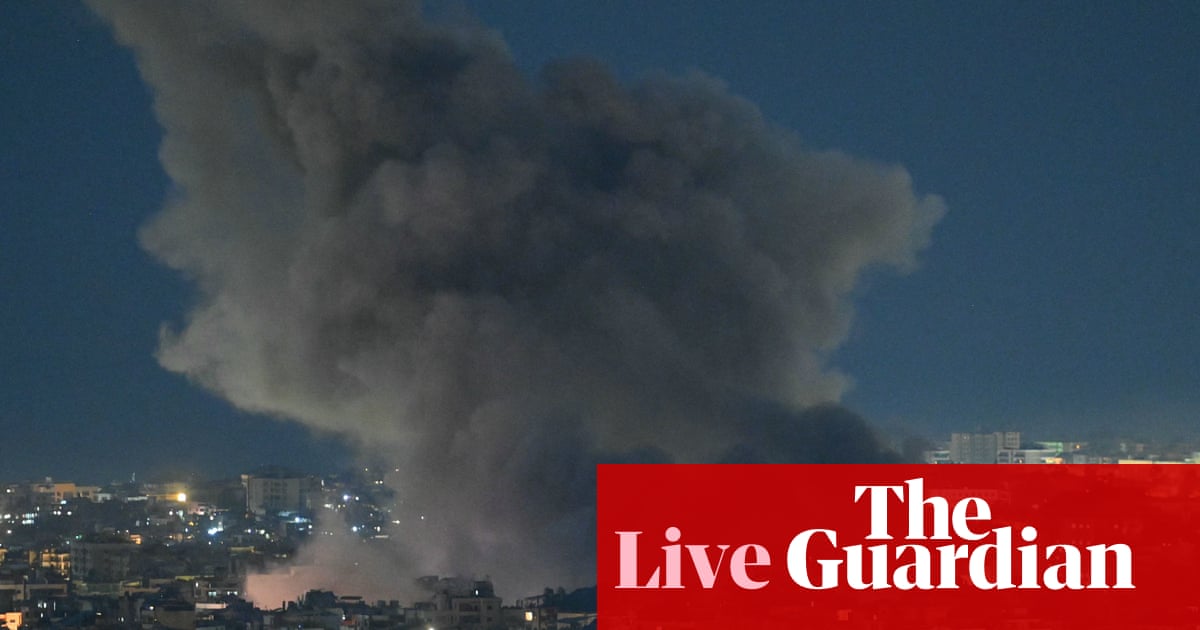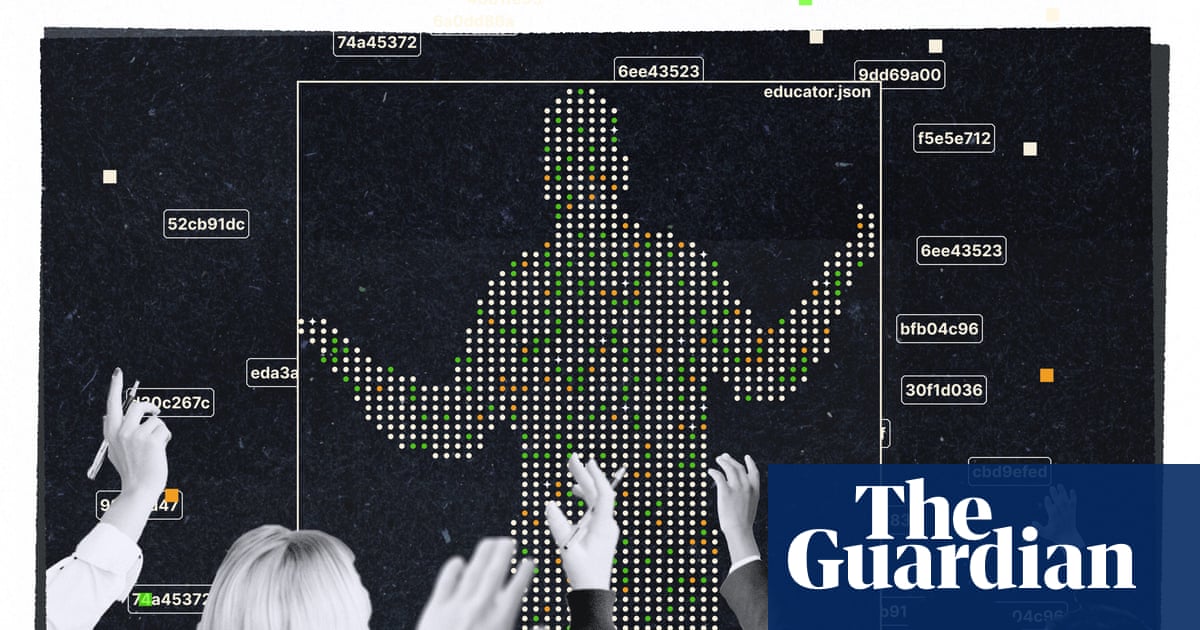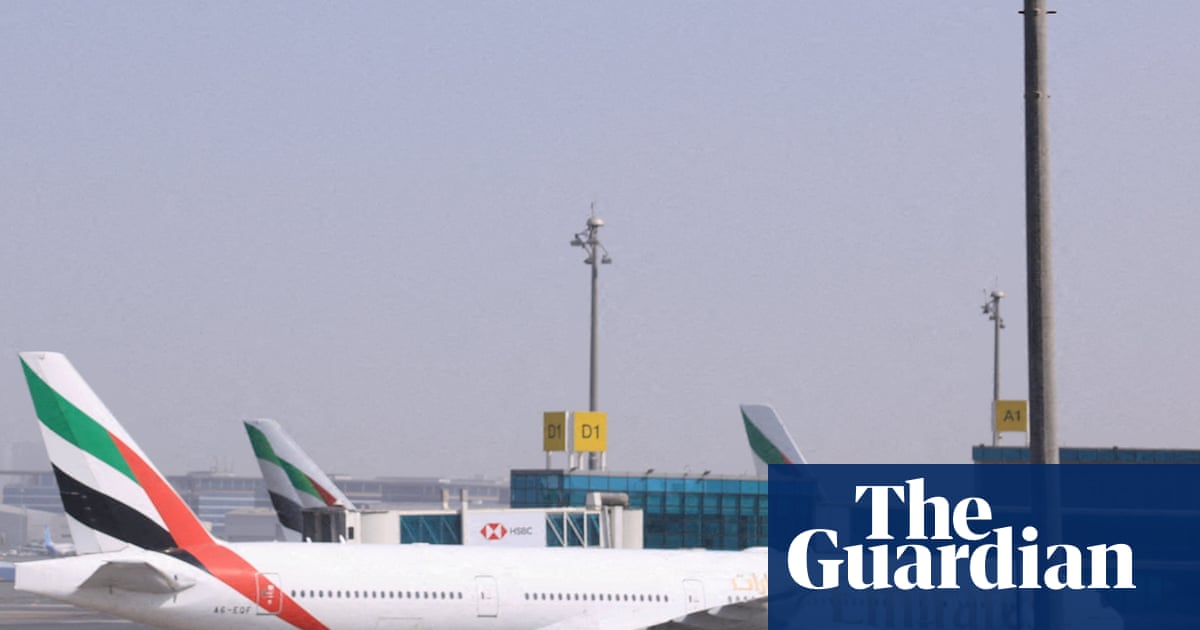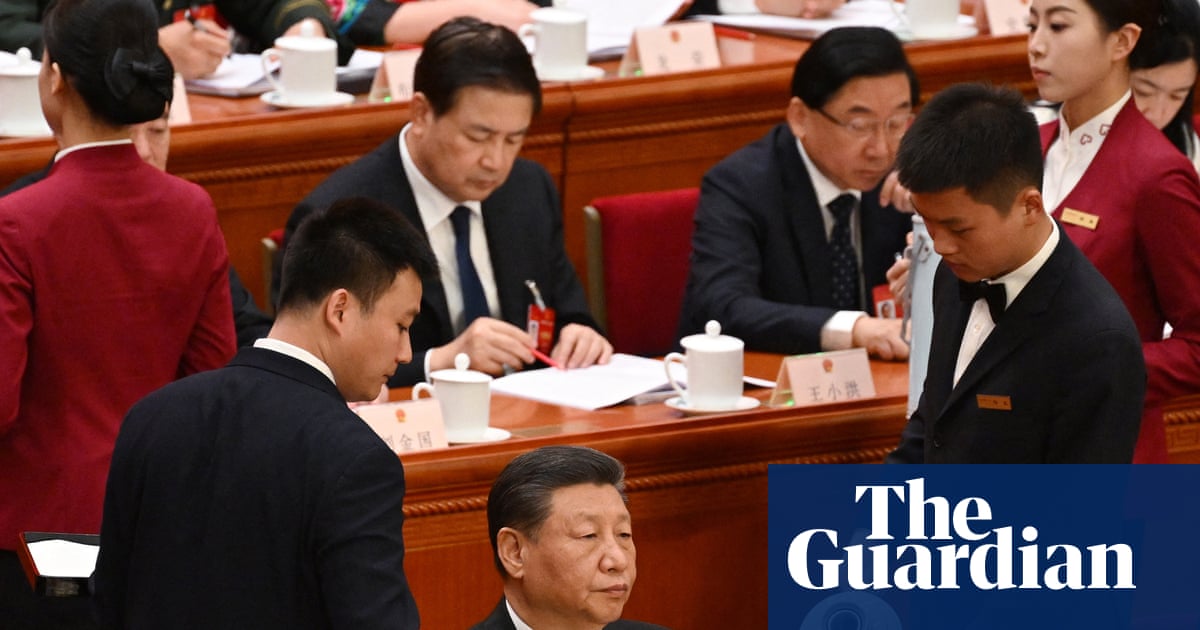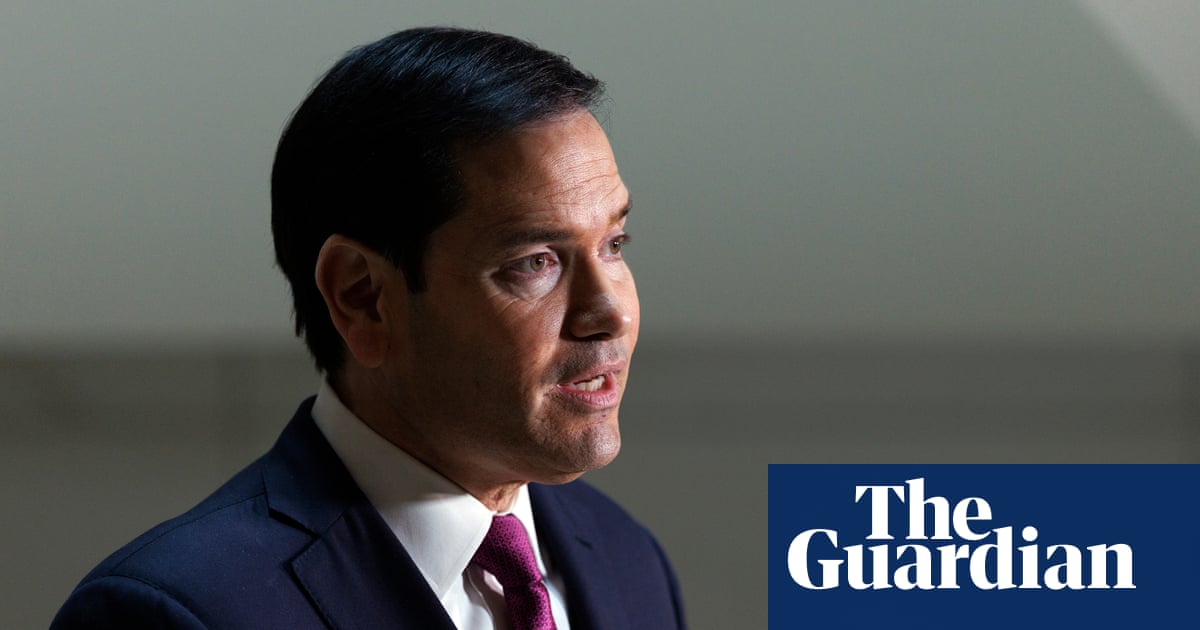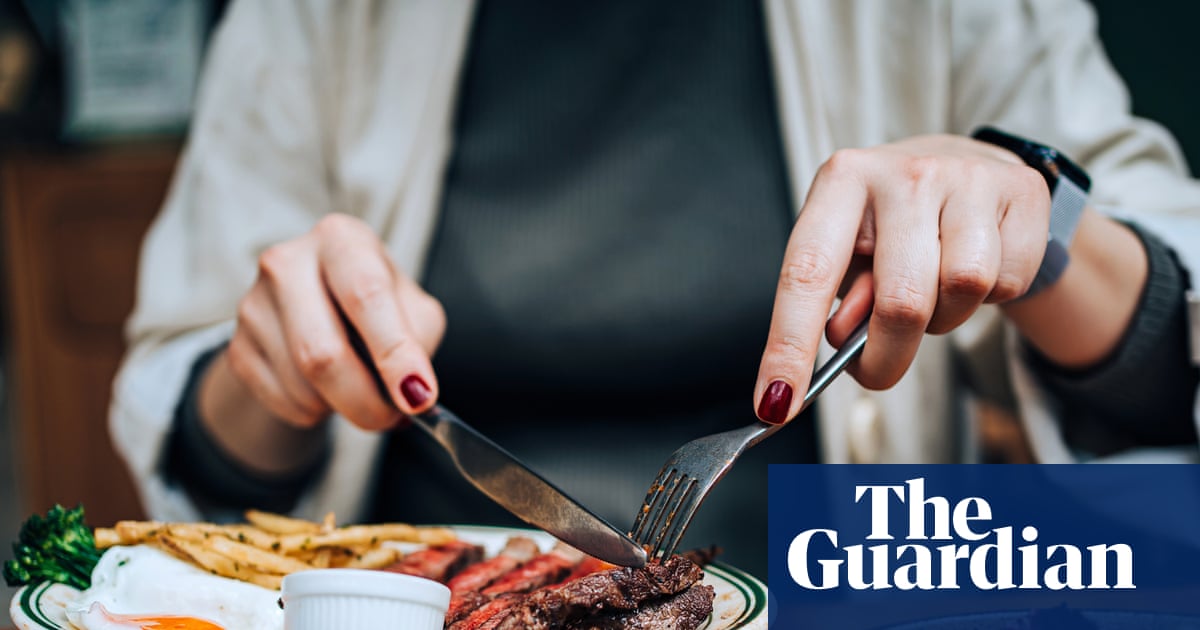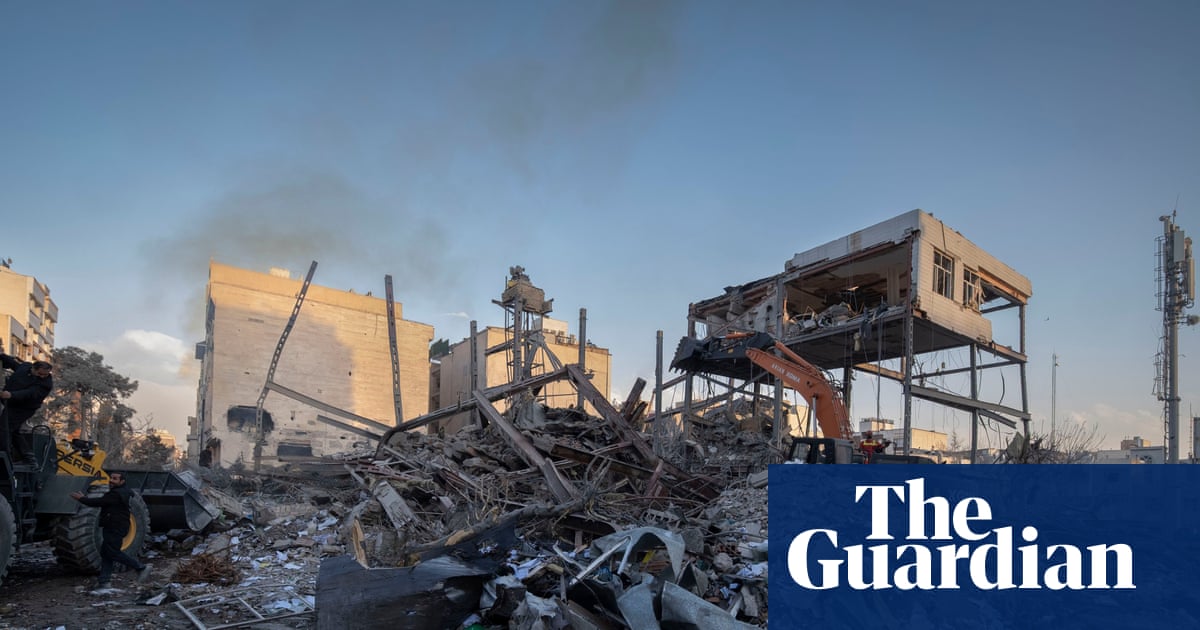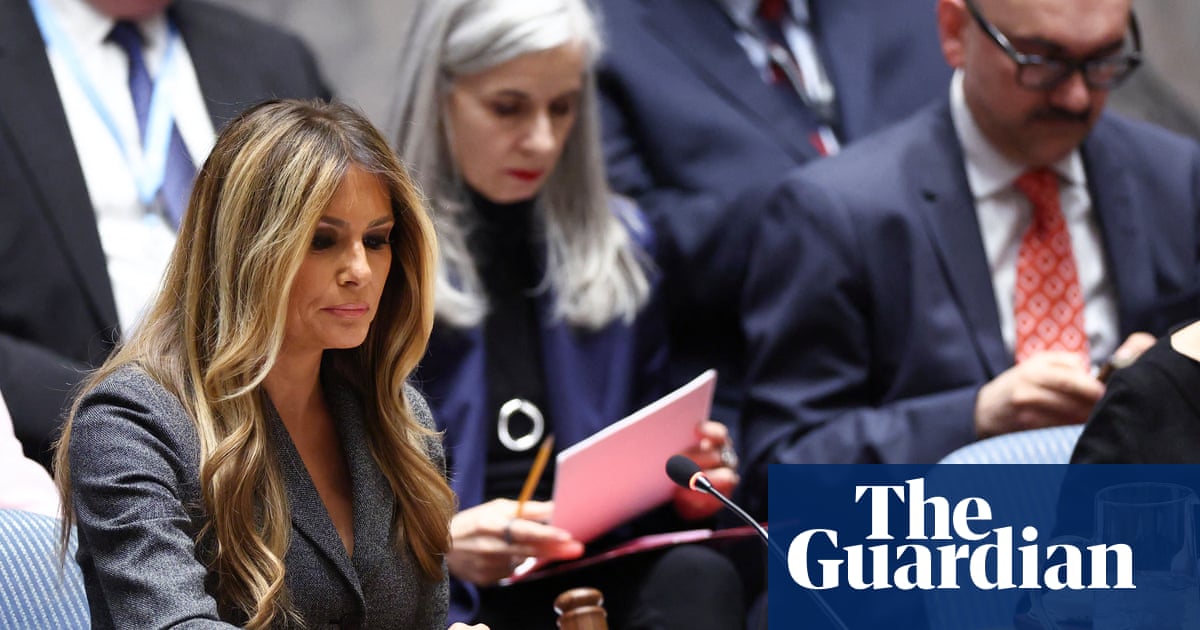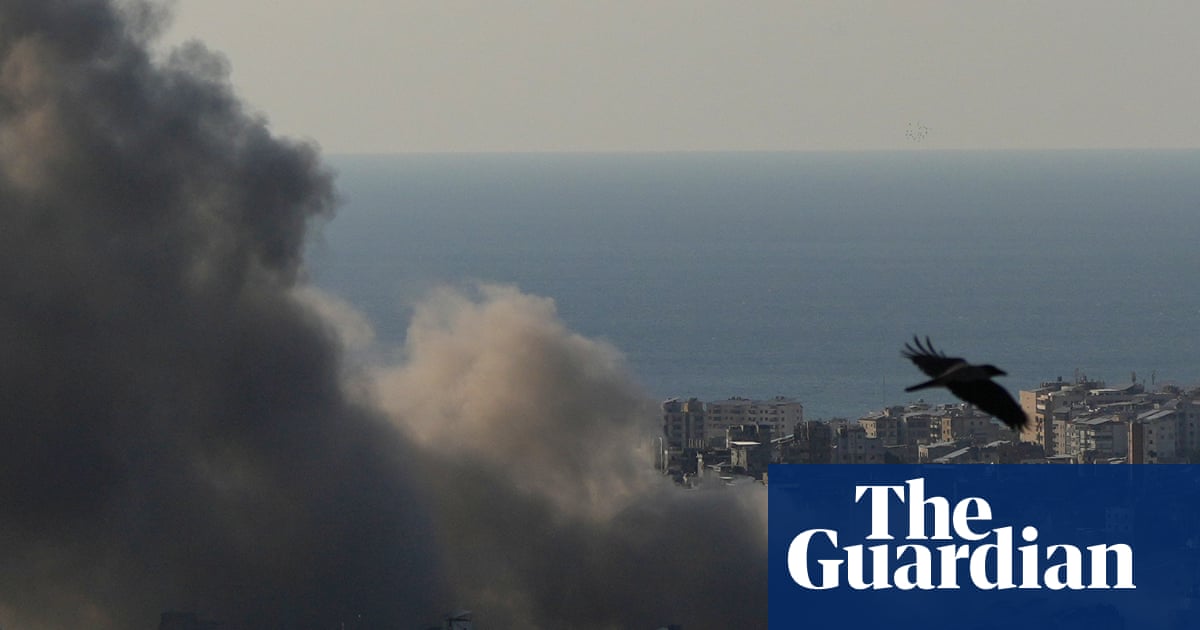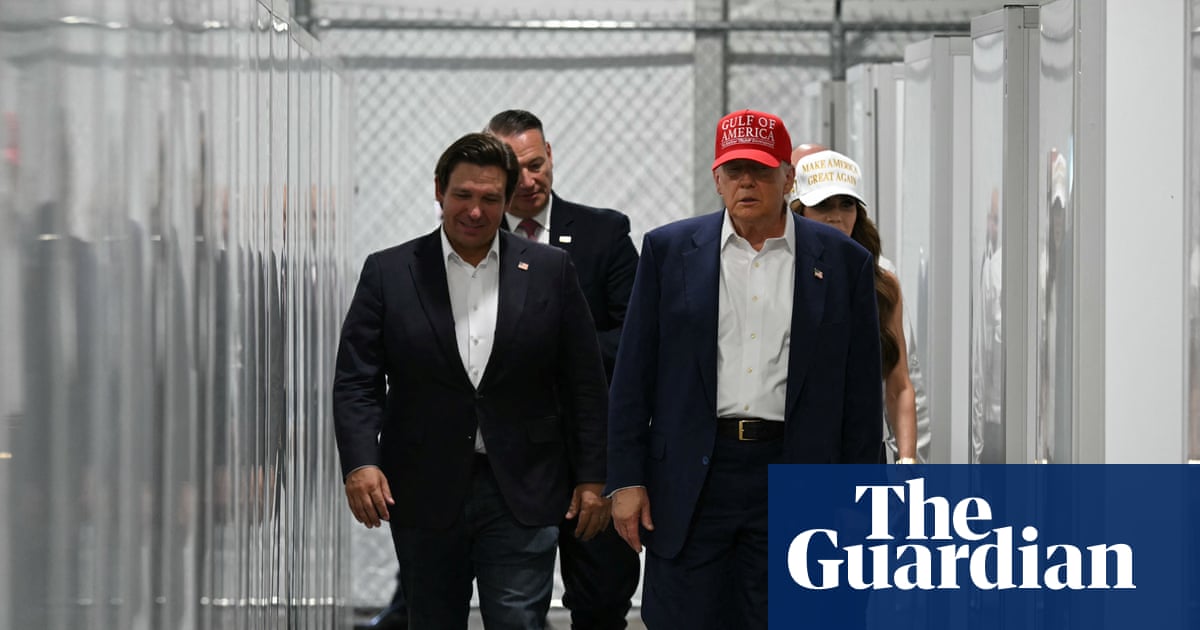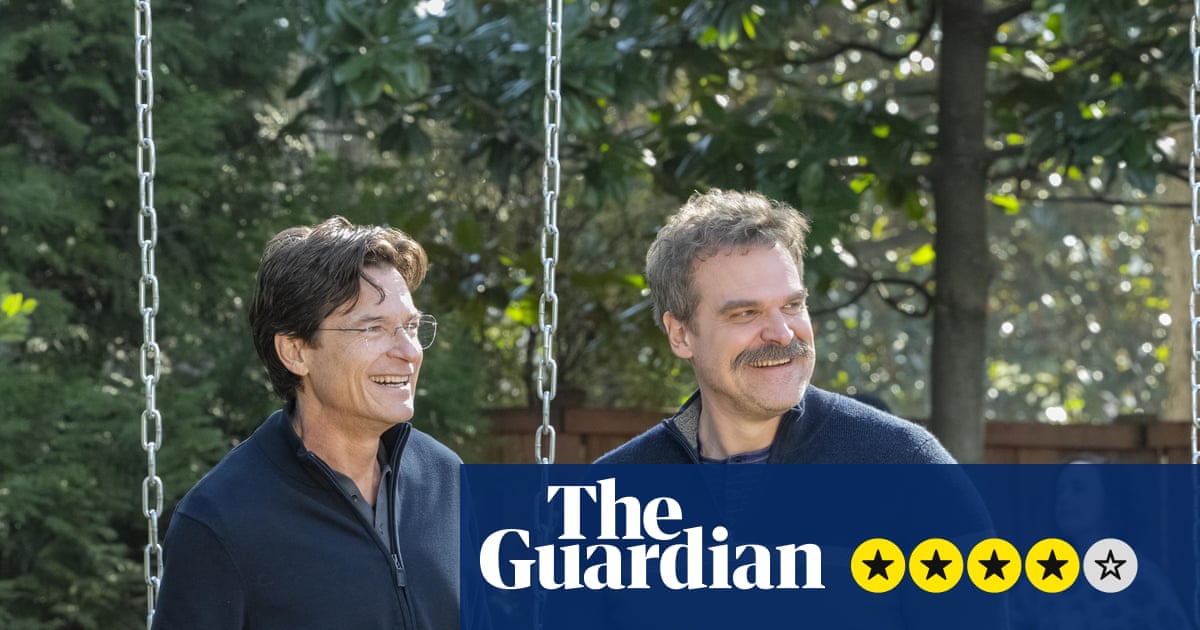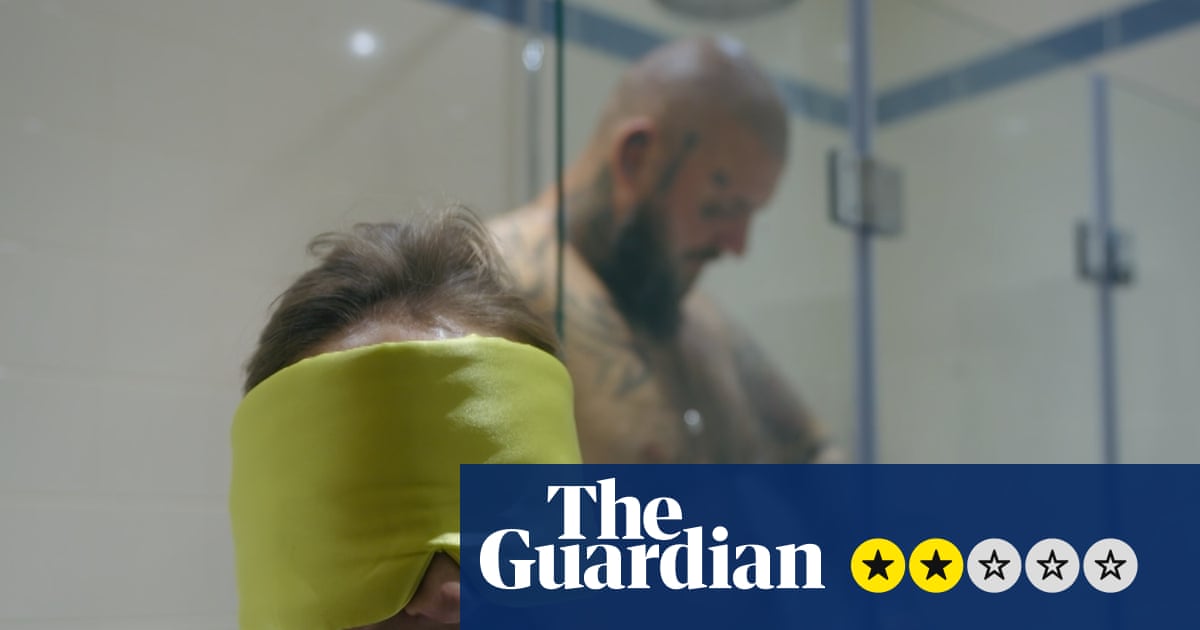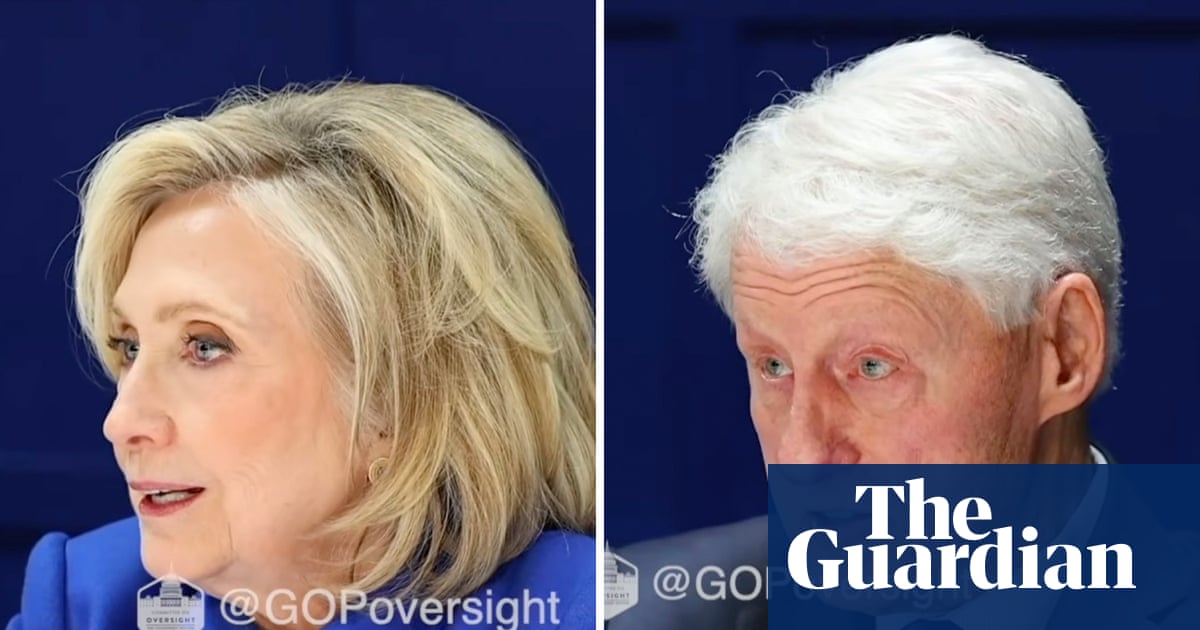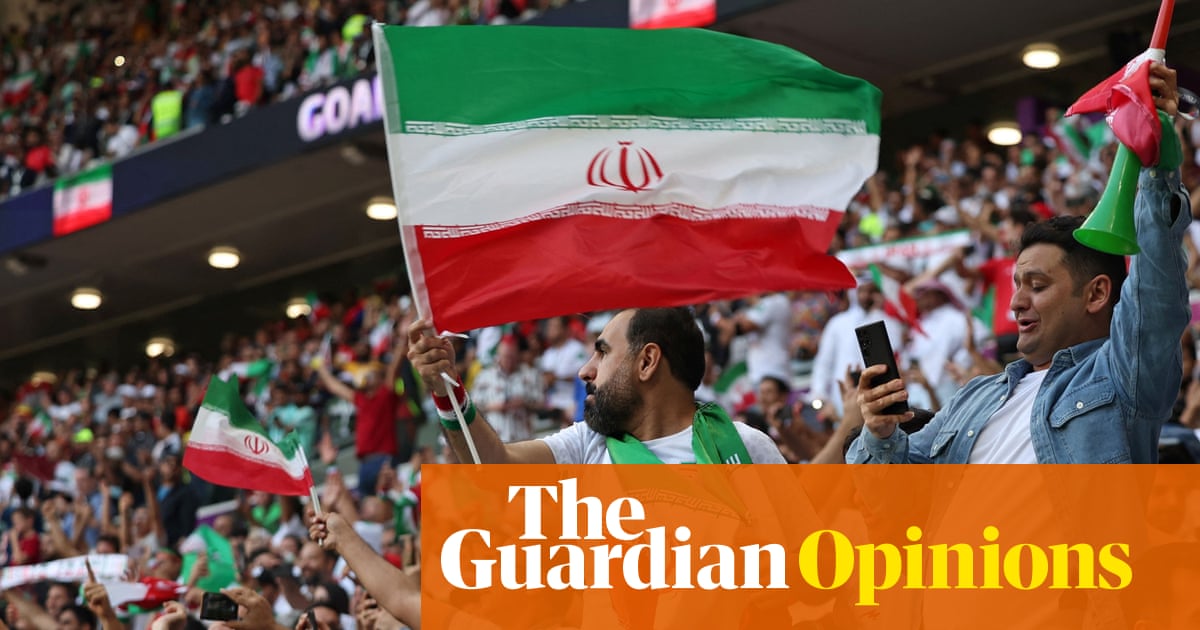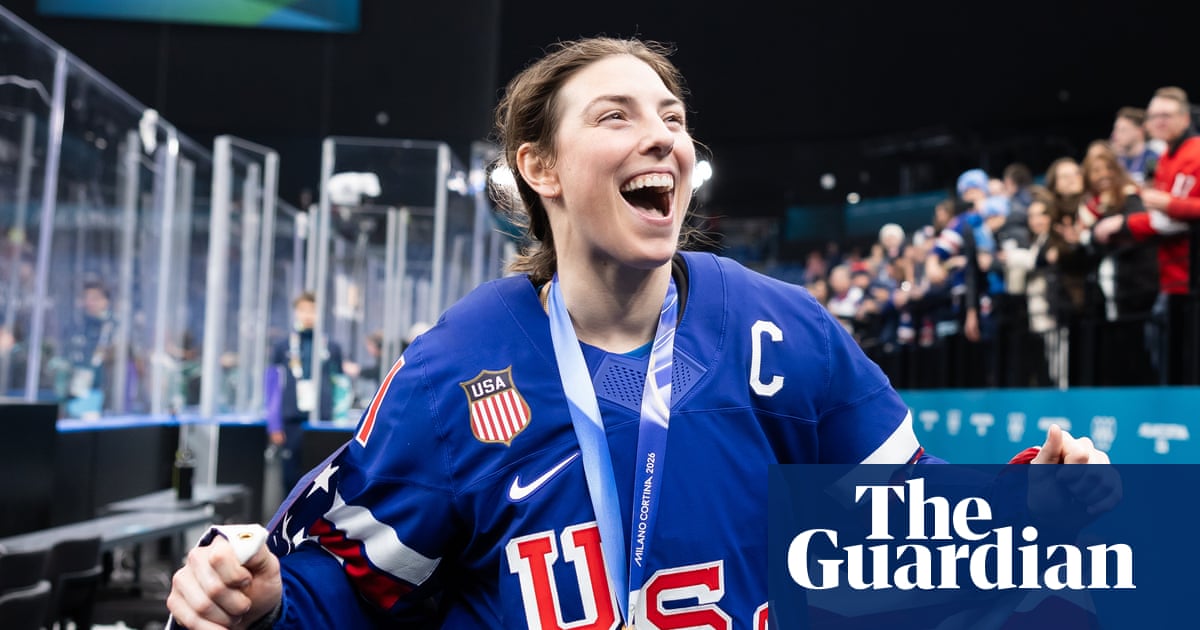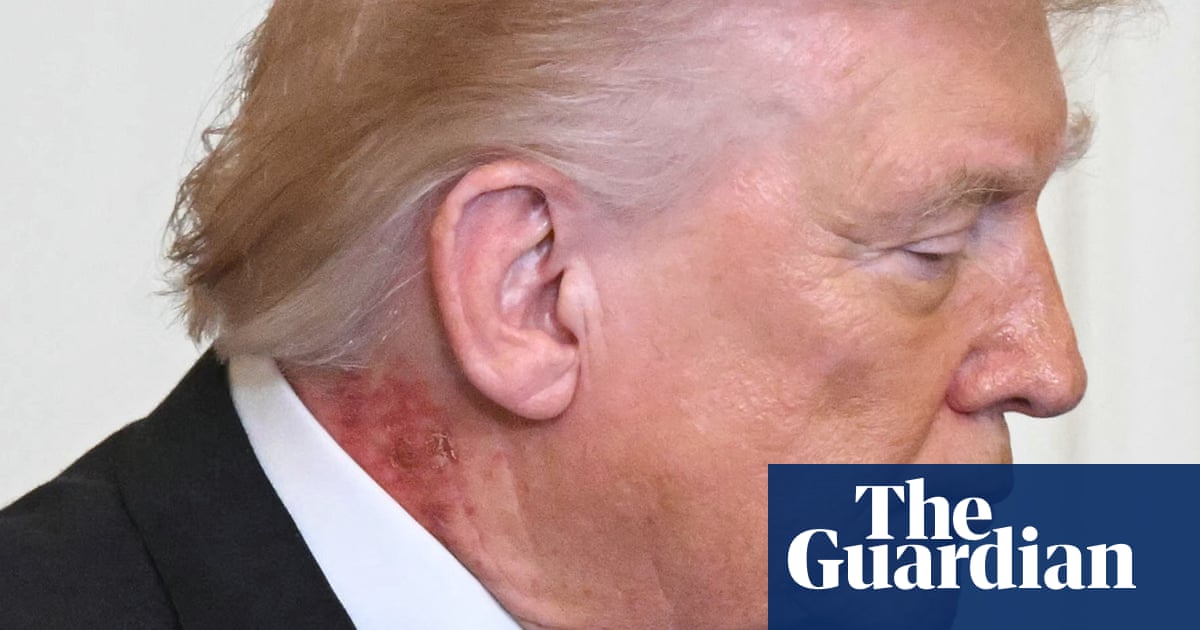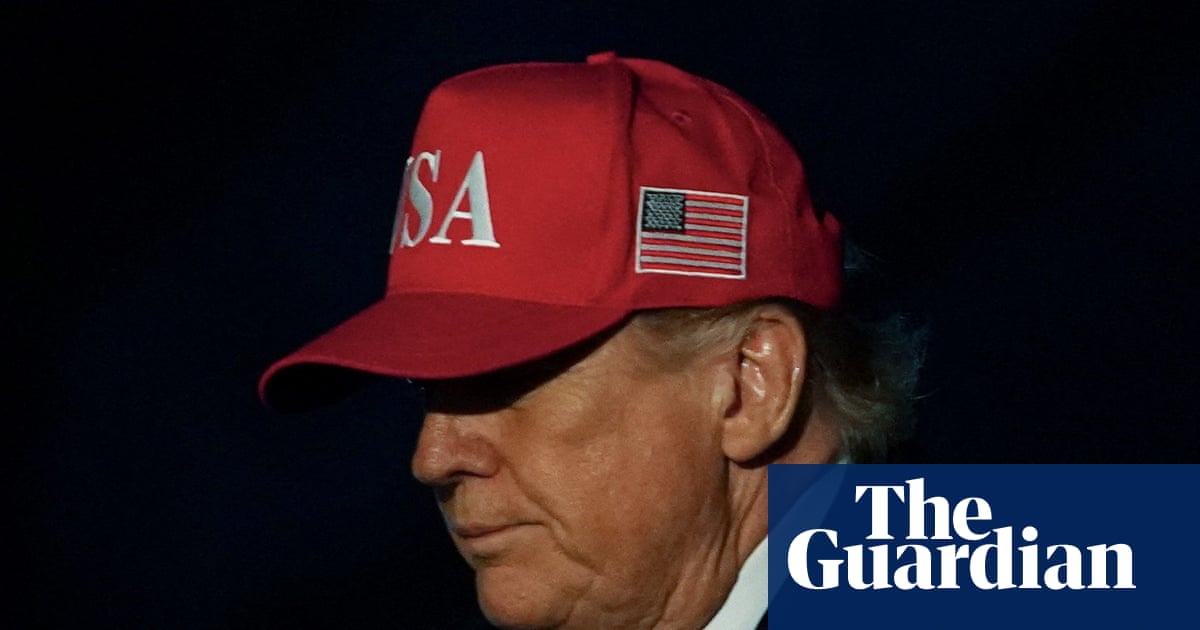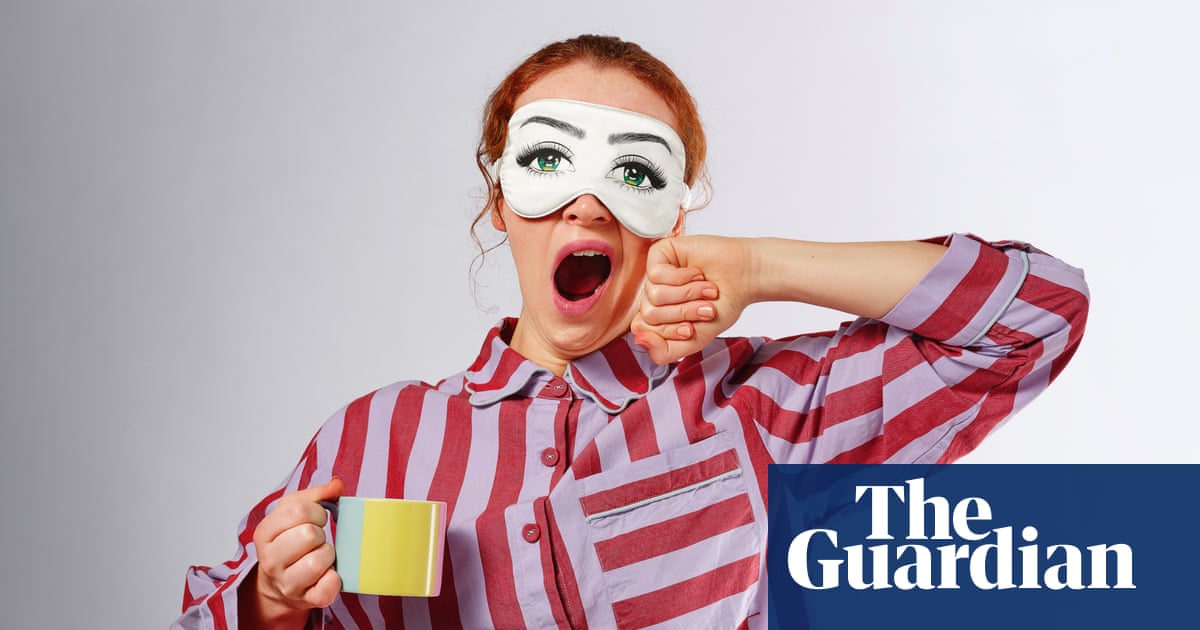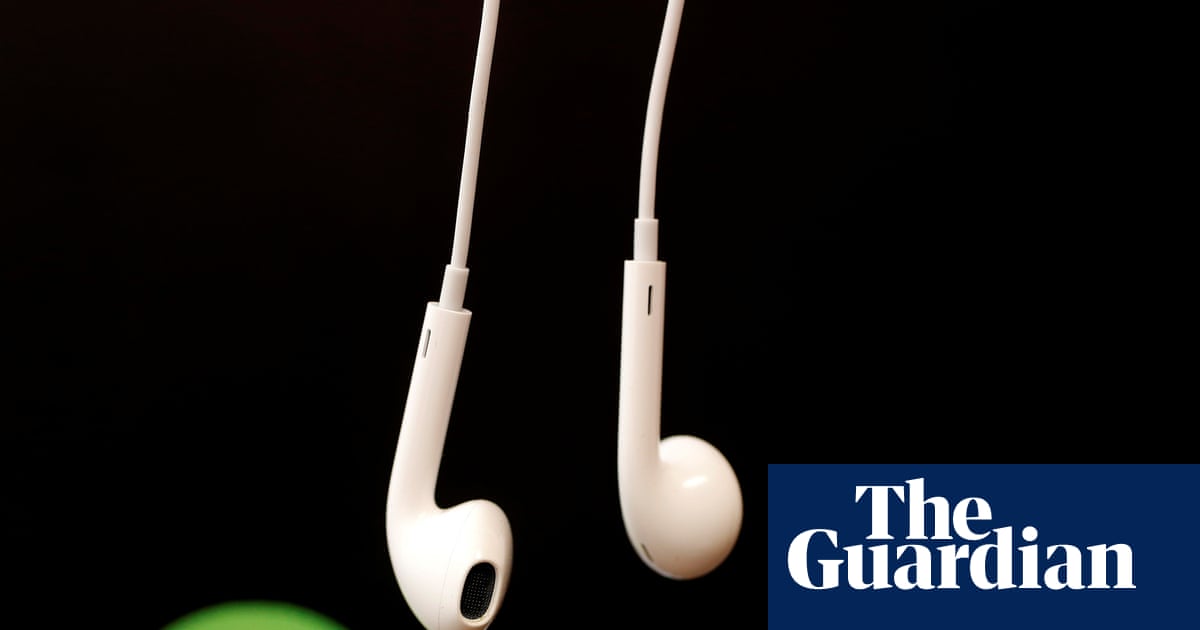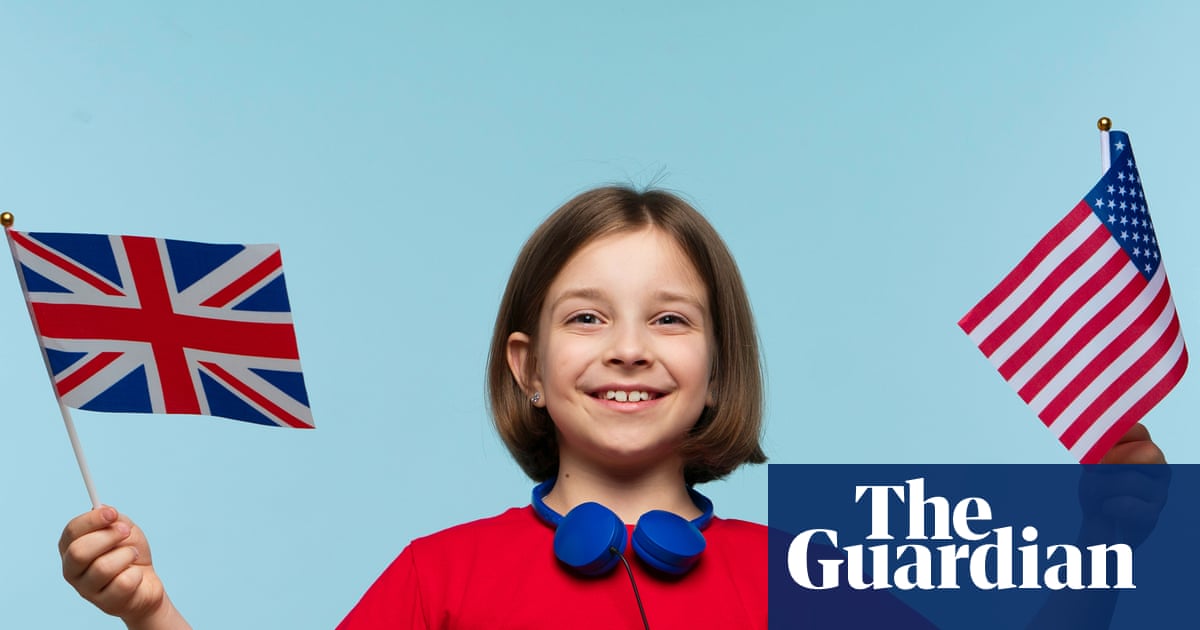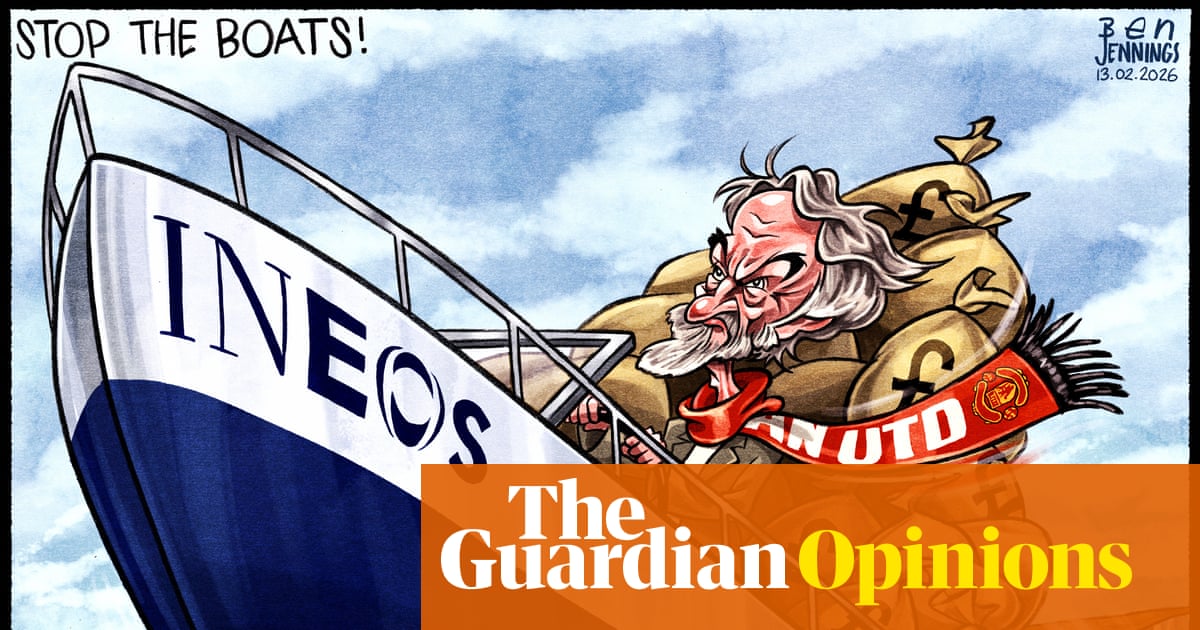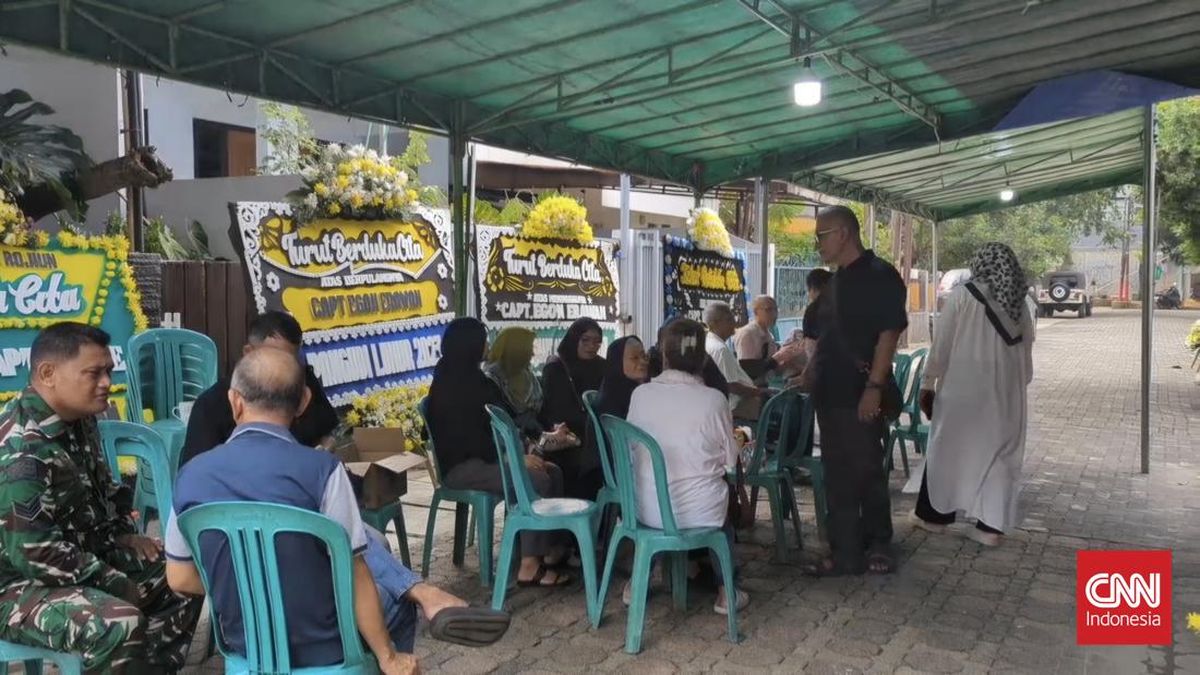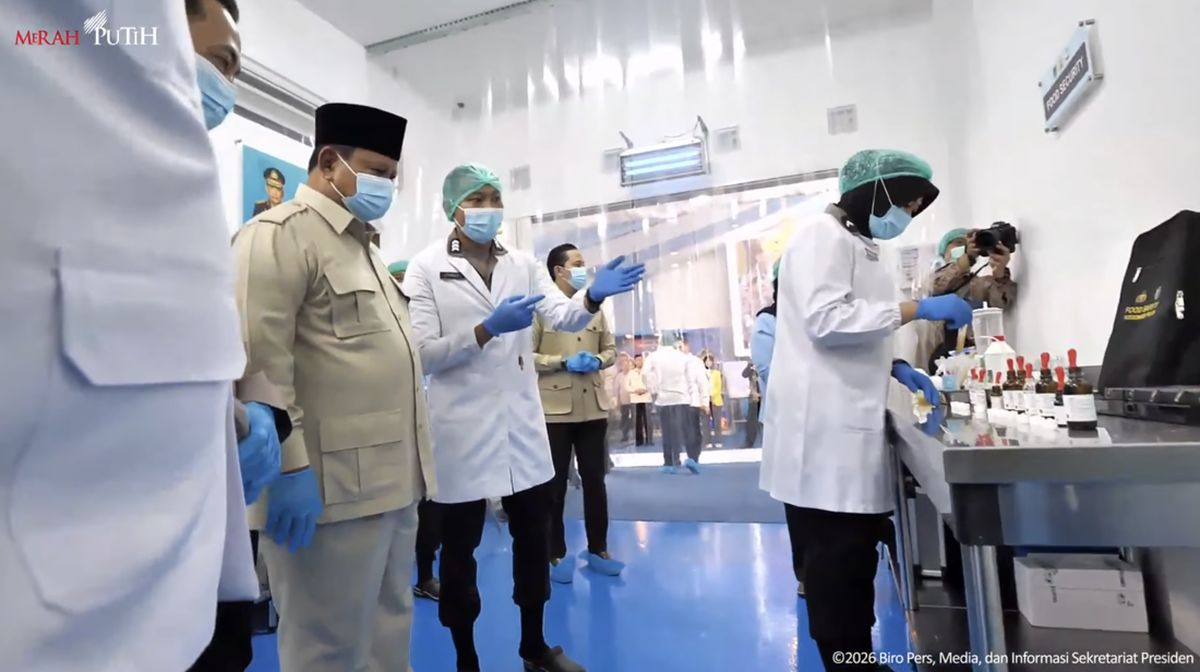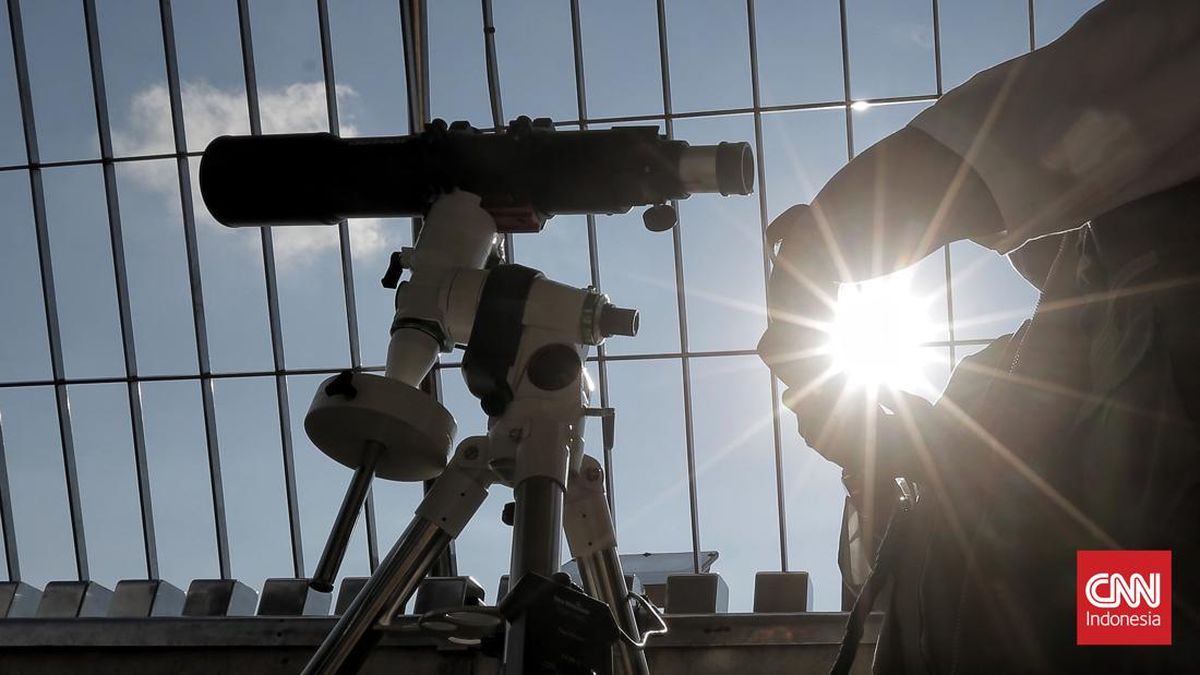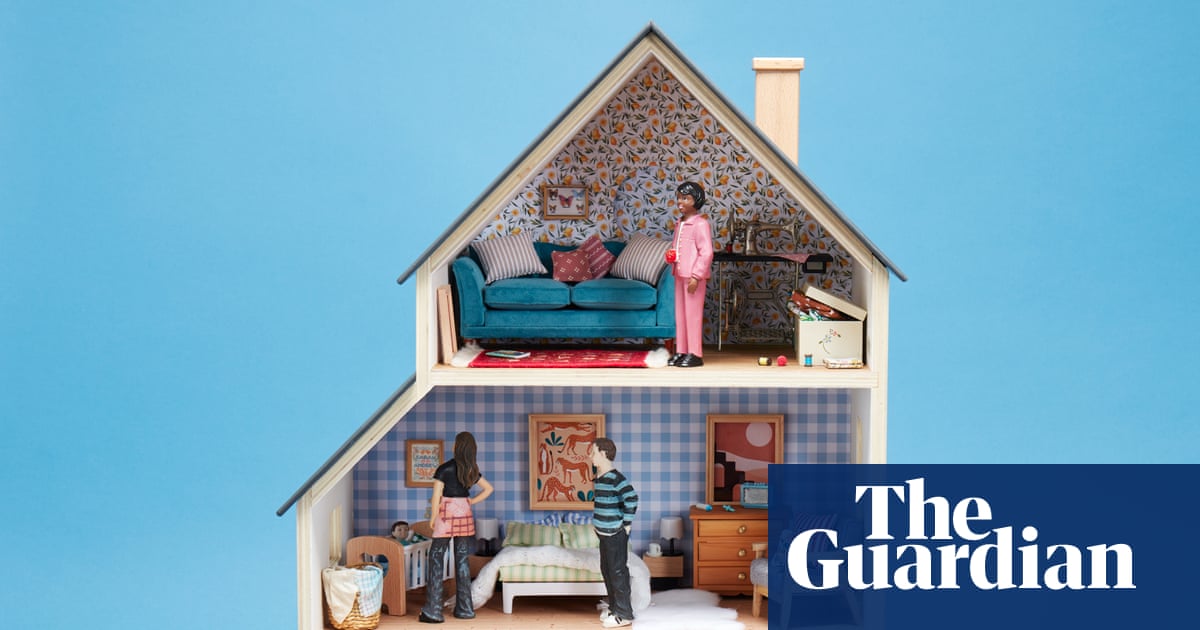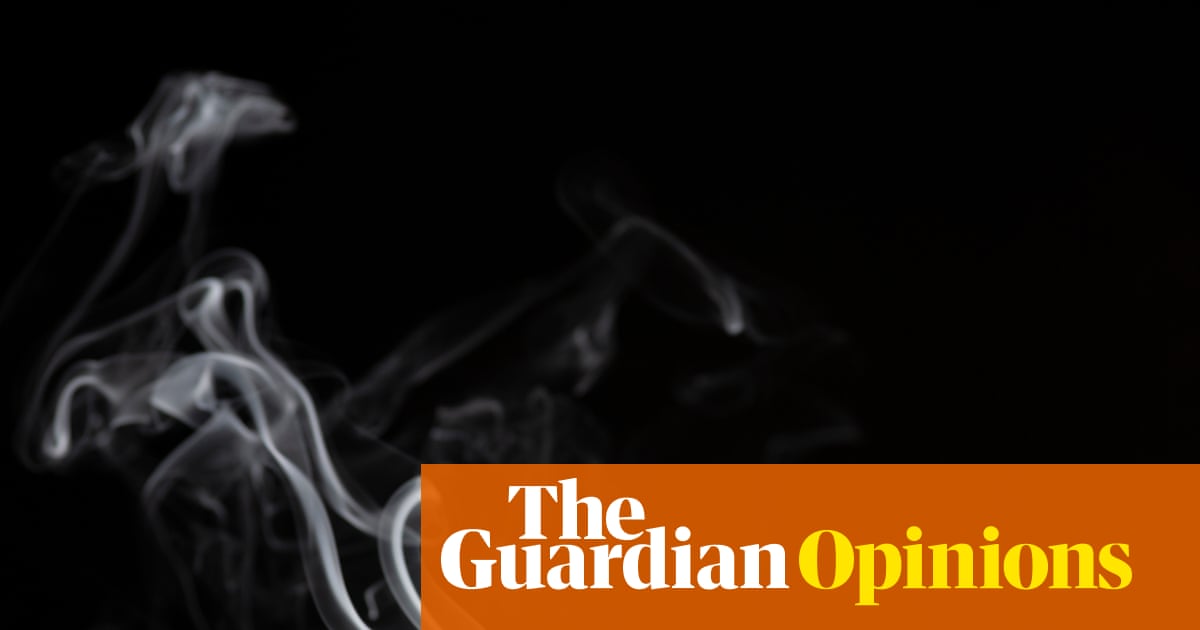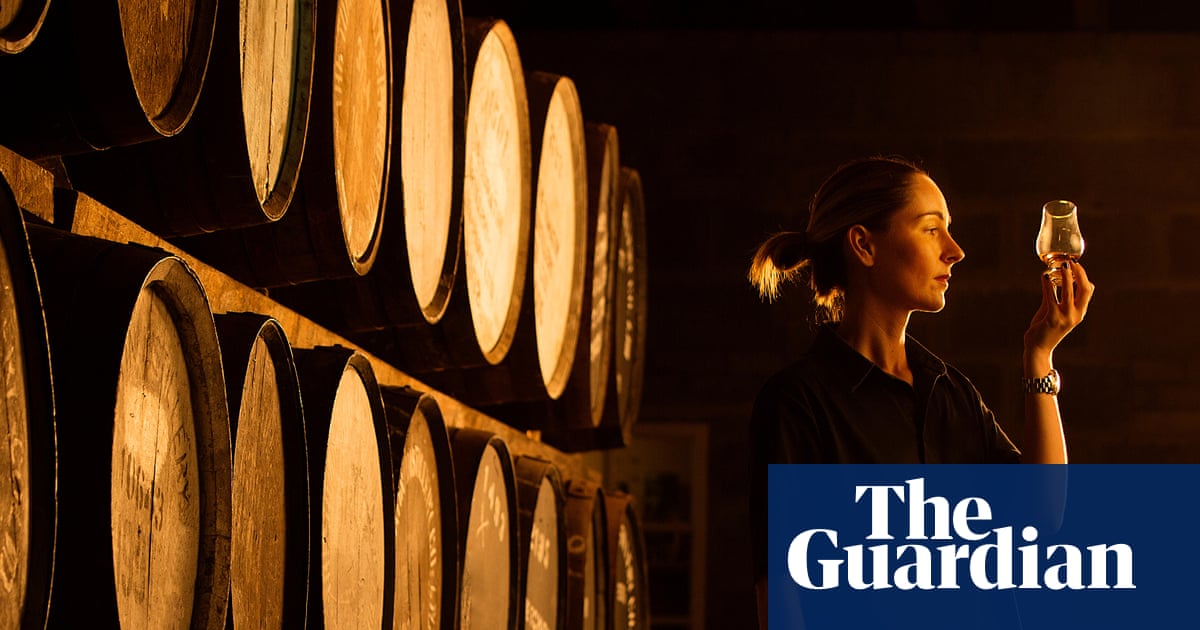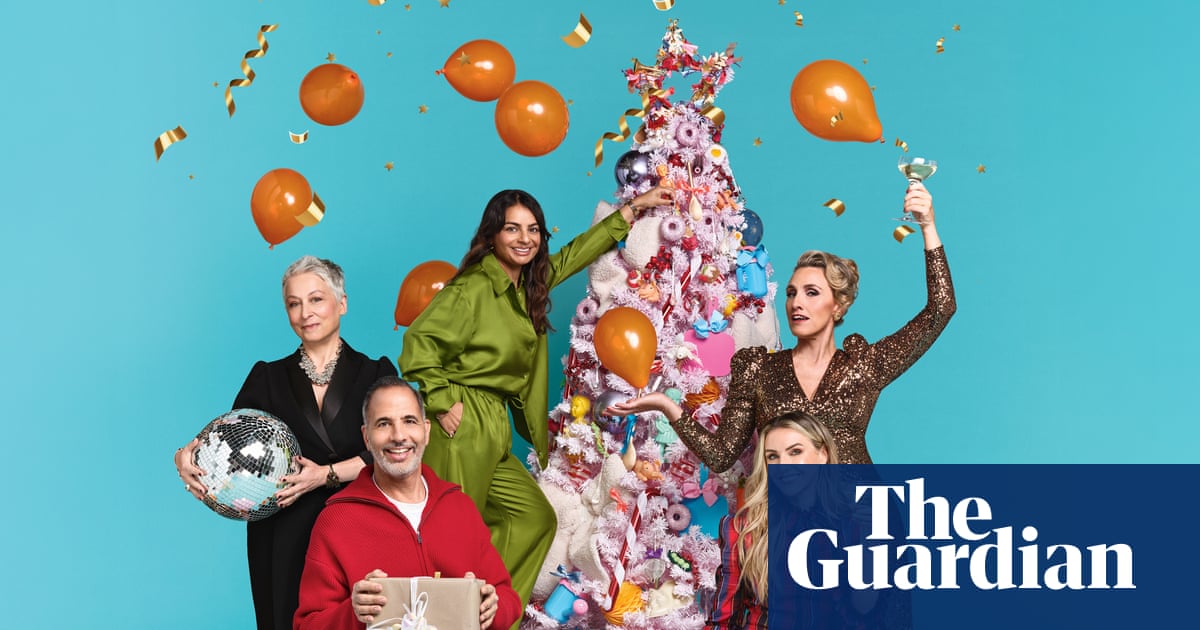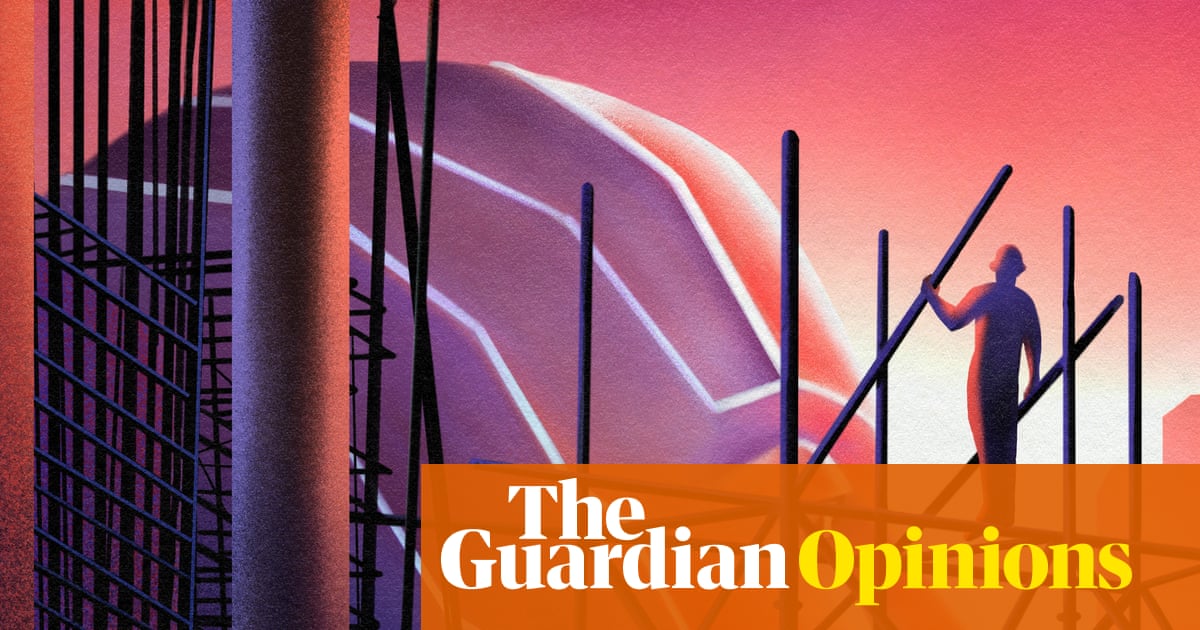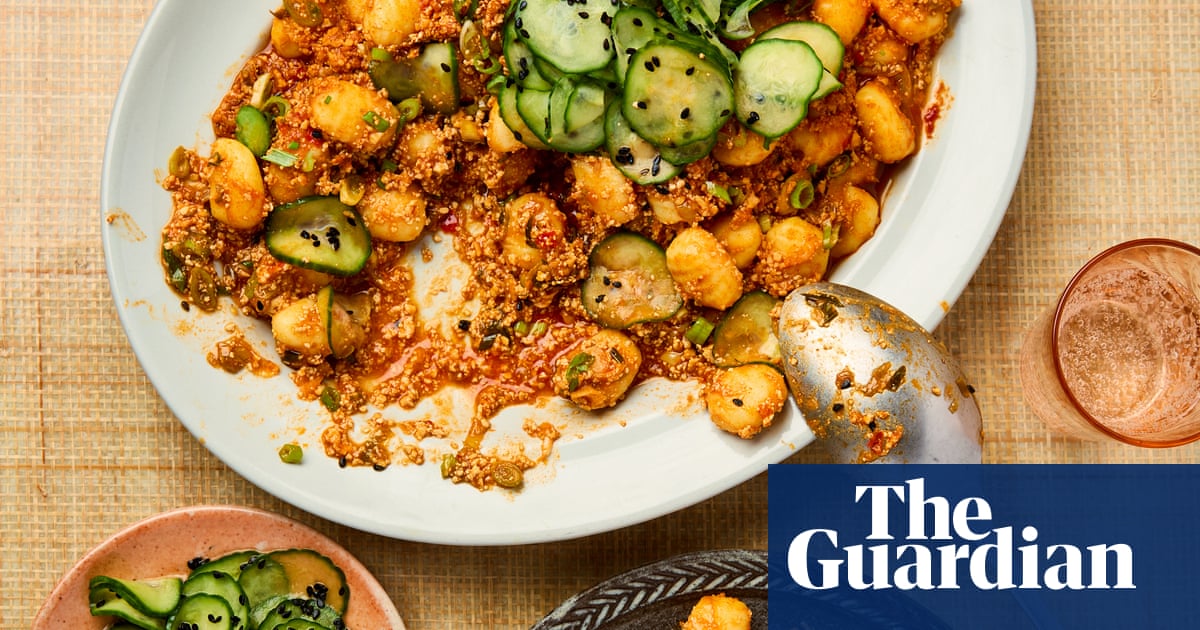Inside a marquee in the grounds of Lagos’s five-star Federal Palace hotel and casino, models wearing sharply tailored suits and flowing woven pieces in earthy tones walk down the catwalk to the beats of Yoruba talking drums, an ancestral instrument that can mimic the sound of speech. The show, presenting the latest collection from the brand Emmy Kasbit – known for transforming handwoven Akwete fabric into modern silhouettes – marked the official start of 2025’s Lagos fashion week, which took place in the former Nigerian capital last month.
From a dedicated catwalk space featuring more than 70 designers, to the American singer Ciara closing one of the shows wearing a gele – a traditional Nigerian head wrap – the showcase, which takes place every October, has come a long way from its early days of power cuts and a lack of interest from industry gatekeepers.

While the big four fashion weeks – New York, London, Milan and Paris – remain the industry’s undisputed powerhouses, Lagos has quietly carved out its own space on the global calendar.
Founded in 2011 by lawyer-turned-fashion-editor Omoyemi Akerele, Lagos fashion week continues to shape what fashion in Nigeria, and the wider African continent, is and could be. The event has grown into a five-day showcase and is attended by more than 15,000 people.
Acting as a talent-spotlighting platform, many of the designers who have shown at Lagos have gone on to achieve success on an international scale. Size-inclusive womenswear designer Onalaja’s designs have been worn by stars including Lizzo, Jennifer Hudson and Chloe Bailey. Lisa Folawiyo’s work has been celebrated for modernising Ankara textiles into bold, embellished luxury fashion. Kenneth Ize, who reimagines Nigerian aso-oke weaving, has shown in Milan, Paris and New York.
While the schedule includes pan-African designers, the focus remains largely on Nigerian talent. From Sevon Dejana’s couture-style glamour to Hertunba, a brand that riffs on traditional aso-oke weaving techniques to create fun geometric designs, Lagos fashion week aims to capture and celebrate the breadth of what Nigerian fashion looks like today.
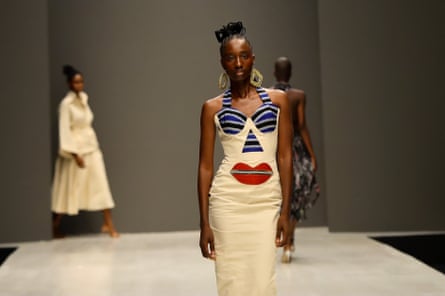
“It has helped build so many names in the industry,” says Adebayo Oke-Lawal, the creative director of Orange Culture – a brand that was a finalist for the LVMH prize in 2014, and had a live show at London’s Victoria and Albert Museum in 2024. Oke-Lawal’s innovative designs, reshaping narratives around identity and masculinity, have been worn by stars including Ncuti Gatwa, Lupita Nyong’o, Dua Lipa, Burna Boy and Beyoncé’s team for Black is King, her 2020 visual album exploring African culture. Since debuting at Lagos fashion week in 2011, Oke-Lawal has become a defining voice for modern African fashion. “It’s not perfect, of course,” he says of the event, “but it’s consistent. It genuinely cares about designers, and that’s what matters.”
Still in its relative infancy compared with other fashion weeks – Milan was officially established in 1958 – Lagos has evolved since its inception. At the beginning, when the city’s creative scene was starting to form, there were teething problems: endless traffic jams, occasional power cuts in the city at large, and a long list of young designers waiting for their turn to build a name and a clientele. It was a fashion market with so much potential but without the infrastructure to help it grow.
Now, having been held at the central Federal Palace hotel for a decade, the structures are in place – with more brands showing, an impressive list of invitees, and sponsorship from major multinationals, including Heineken.

One of Lagos’ strengths lies in the fact that the industry moves differently in the city, being defined by community and storytelling rather than grand budgets or legacy houses. The result is more opportunity for creative innovation. Here, designers use their platforms to address themes such as sustainability, gender, identity and craft preservation, often drawing on community-rooted stories to do so.
Challenges are transformed into catalysts for creativity – something designer Bubu Ogisi of Iamisigo did particularly well this season. Her collection, Dual Mandate, transformed recycled materials and discarded fabrics into sculptural, thought-provoking pieces. It was a perfect example of how Lagos’s designers continue to make meaning out of limitation, creating beauty from what others may overlook.
Through initiatives such as the Green Access (which focuses on craft-driven innovation by asking designers to reimagine waste) and Woven Threads (which brings sustainable ideas to life through exhibitions and installations exploring community and responsible consumption), the platform has reshaped how designers and consumers think about fashion.
“Lagos fashion week is showing that sustainability can be liberating,” says Ogisi, who was the winner of the 2025 Zalando Visionary award at Copenhagen fashion week. “For us, it’s about finding new ways to express that, coming from the continent, using craft, and turning that into something truly global.”
Every year, five young designers are selected by Green Access to be trained in making their practice more circular, with a catwalk showing the end result. Alexandra Obochi was one of the designers chosen for this year’s prize, with Ifenkili, a collection that used indigo dyeing as one of its aesthetic techniques.
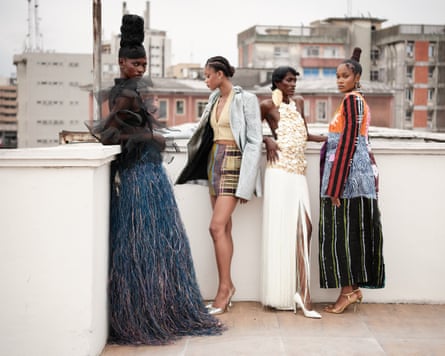
This focus on sustainability is, increasingly, recognised internationally. This month, Lagos fashion week was announced as one of the winners of the Earthshot prize, in the ‘Build a Waste-Free World’ category. It was awarded £1m, recognising its pioneering role in sustainable fashion.
Akerele said that the recognition wasn’t simply about her, or the event – but about the community of designers and young people who continue to prove that African fashion has something powerful and lasting to offer. “Fashion has the power to create jobs, preserve culture, and transform lives,” she said. “That is why we do this work, and why being a winner will allow us to keep pushing for a future where fashion is not just beautiful, but also meaningful and responsible.”

 3 months ago
71
3 months ago
71
